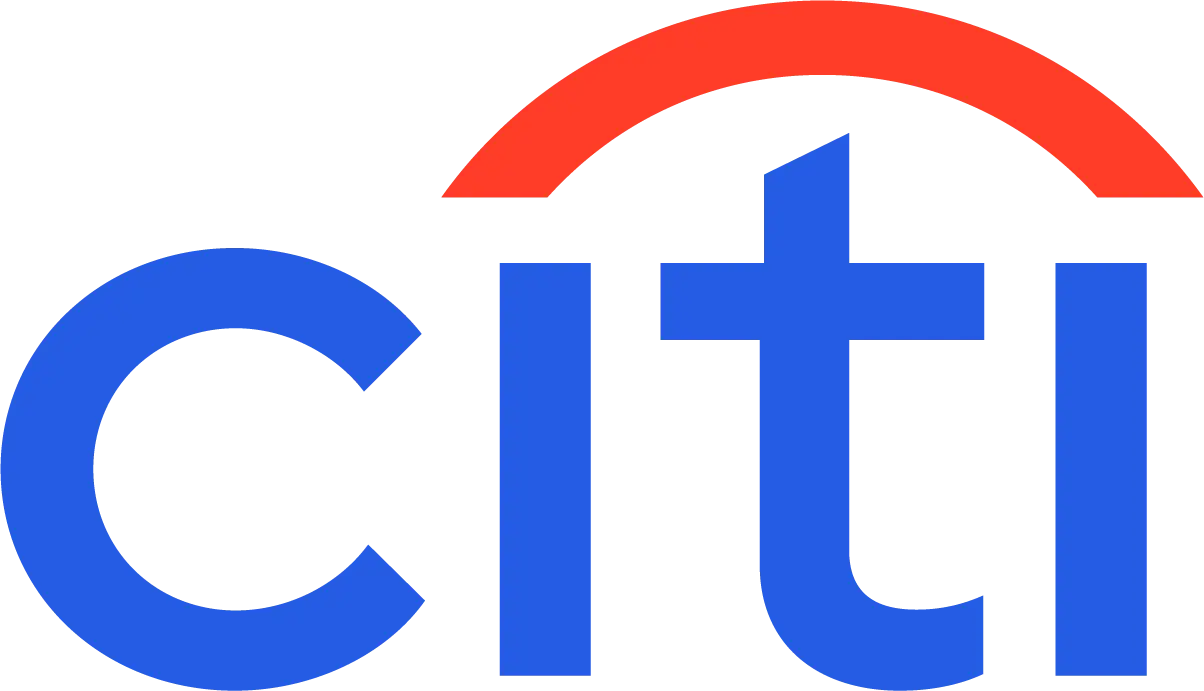The leading voice in banking committed to combatting financial crime
Global Banks,
Global Standards
Global Standards

Concrete hands-on guidance by practitioners,
for practitioners
0 Years established
0Member banks
0+
Resources publishedKey Areas of Work
Working Groups
We produce guidance and standards to support the industry and other stakeholders in the management of financial crime risk.
Read moreCBDDQ & FCCQ














